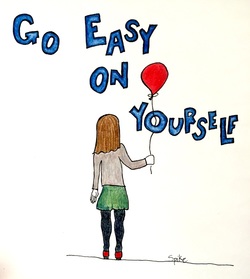 "Your mom saved my life!" I am at my mother's funeral service, and several people are telling me how amazing my mother was. My mom was amazing to me too, but in an altogether different way. She was destructive and neglected my brother and I quite a bit, and she also believed that that shouldn't really bother us, because it was no big deal compared to how she was treated as a kid. She was the daughter of immigrants who had to walk across Russia to escape the Pogroms* and to life in America. In my mother's eyes, there was nothing she could have done that was as bad as what she had to endure, and then, as if to lovingly put the cherry on the sunday that was my life, she arranged it so that at her funeral, I would be surrounded by people who received more empathy from her than I did. The other thing that I noticed at that funeral was that people seemed to be competing with each other with their pain. How much each had lost with the death of my mother was their entry, and each was sure their pain was greater than the next person's. There was very little consoling going on, just the self-pity derby that some of the people who had been saved by my mother competed in. Pain is universal. Emotional and physical pain are two experiences we have all had. Empathy, however, is one which some of us are incapable of expressing. This is because we have not properly handled our own pain. We have not fully taken care of ourselves or acknowledged our need for comfort when we have endured great suffering. Maybe someone from our past treated us like we were not worthy, that it is not appropriate for us to show that feeling. Such treatment teaches cold indifference, it teaches a selfish nature devoid of generosity. I noticed this in myself not long ago while I was embroiled in a two day argument with a Mormon over reproductive rights on Facebook. For some reason, I flew into a rage when he pointed out that there is an inherent value in the life of the unborn child which was not being addressed by women wanting abortions. My instant reply was, "what about my life? doesn't it have value?" which is a bit beside the point, but showed me that at the root of my retort was not feeling valued, which is, in the end, my responsibility. We wonder why white men in particular seem to have a hard time recognizing that they do indeed benefit from their status and that people without that status suffer. We wonder, even though most men are raised being told that they cannot show pain and they cannot show emotion. They are not allowed to be anything other than a strong. They are not allowed to feel hurt. So, imagine, when a white man is asked to show empathy for another human, what must be going through his mind. "Feel sorry for you? Toughen up," or, "you're not really hurt, suck it up," or, "walk it off and stop crying." Or like me, respond with something like, "feel sad for you? I was never able to feel sad for myself and no one ever felt sad for me!" Now, when you take this to the level of a society, of an entire culture, and you witness the way in which all people of color, indeed all marginalized populations are treated, you witness a de-humanizing of people on a massive scale. Sick of waiting for white men to catch up? Then learn how to be present for people when they show emotion. Instead of responding with your own story of pain when someone shares their pain with you, asking them follow up questions, responding by showing empathy, or just listening is a far better response. Better still, when you are sad or hurt, show it. Give yourself room to feel it. Express your grief. Seek help. Keeping it bottled up and behaving as if you have no right to your own feelings will not only damage you, it will damage everyone around you. It will keep you from connecting with others on this vital level. It is a wonder to be able to participate in the joy of another, but to really be present with someone when they are sharing their pain, to not feel threatened and not act on a need to escape puts you in a position to experience something profoundly human. Allowing someone their experience of pain, of abuse, of any type of violence is a loving gesture. Making room for someone to feel something, even when it is uncomfortable, is a generous act that immediately builds trust. Not allowing people to feel their pain, diminishing the experience of loss, this is to not allow the humanity in them. This is a homocide of a different nature. This is slowly killing the human in all of us. *Pogroms literally means "to wreak havok or demolish violently." In an historical context, it refers to the attacks on Jewish populations by non-Jews in the Russian empire and other countries, starting in the early part of the 19th century. What can you do to comfort people around you who are in pain? What can you do to take care of yourself when you feel pain? What can you do? Share this. Send it to a friend. And start really listening to people when they express pain or loss. Connecting on this level will add to your life in ways that will surprise you.
0 Comments
Leave a Reply. |
A Love Rebellion.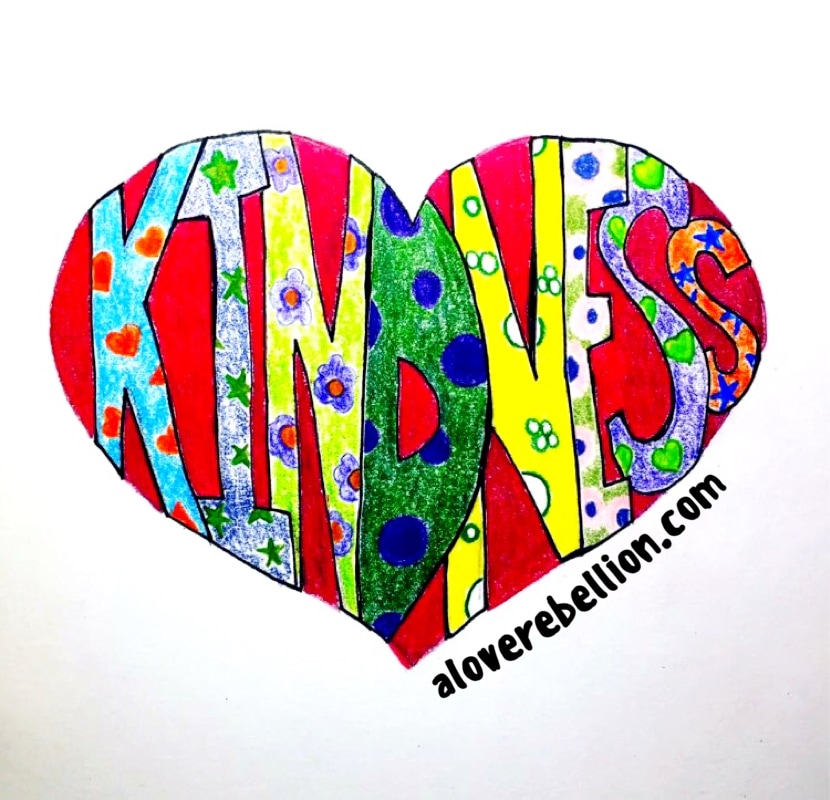
Be a part of A Love Rebellion. Spread love, hope and compassion.
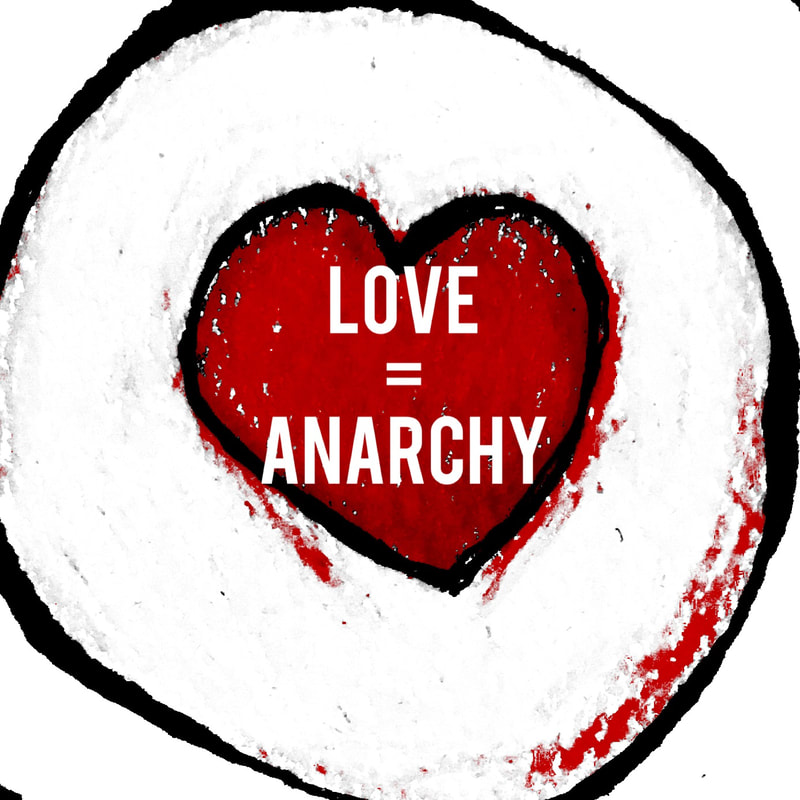
Artist WebsiteOnly the highlights from my creative life. Just click on the image.
Most Popular
My work is supported by my readers. If you feel like you get something out of this every week, and you feel you are able, a $3 to $15 monthly subscription will help me bring you all the ass-kicking content possible. Thanks so much for your support.
Archives
June 2019
|
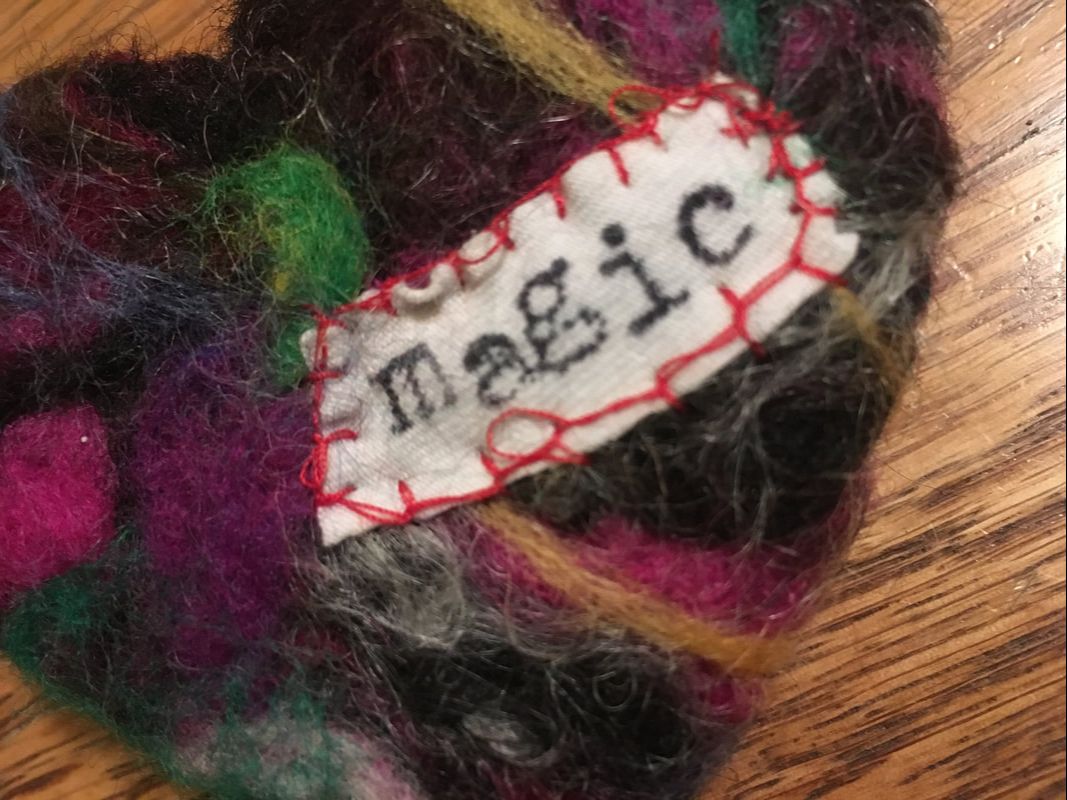
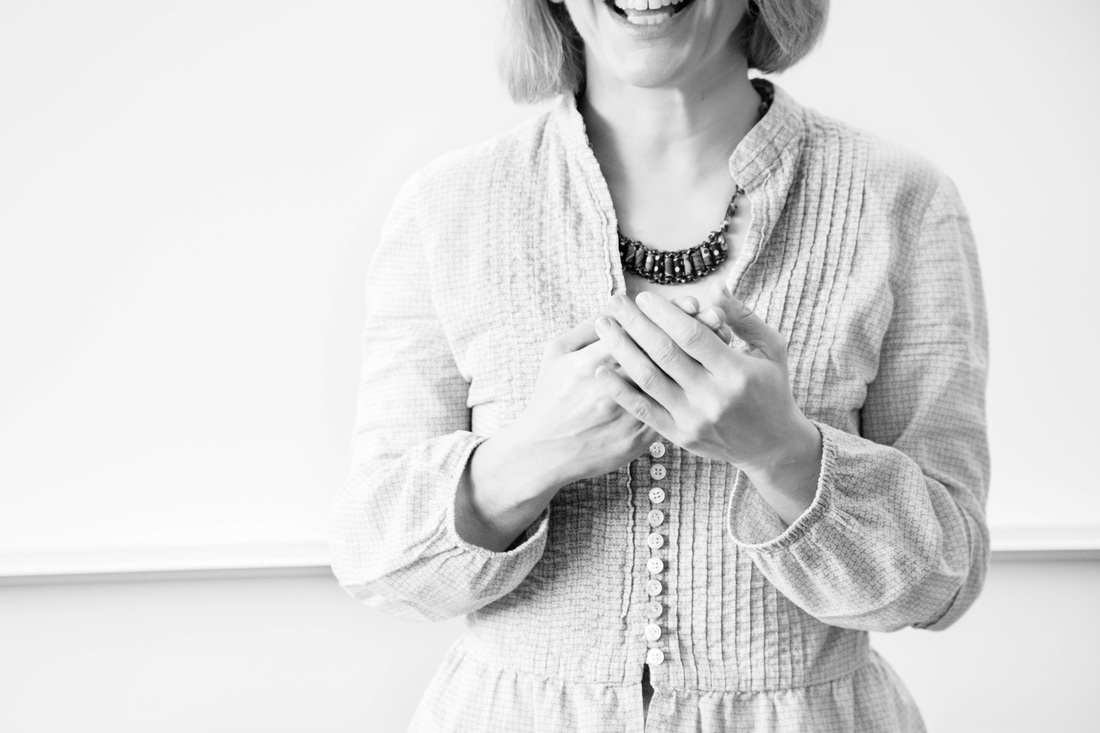
 RSS Feed
RSS Feed
